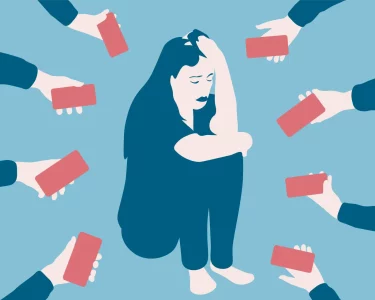In recent years, social media has become an integral part of our daily lives. It has transformed the way we communicate, share information, and even consume news. But as the popularity of social media continues to rise, so does the concern over its impact on society. From cyberbullying to the spread of fake news, social media’s negative aspects are increasingly being brought to light. So, what does the future hold for social media?
One possible future for social media is a more regulated and monitored platform. With the increasing concern over the spread of misinformation, governments around the world are starting to take a closer look at how social media companies operate. In the US, lawmakers have already proposed bills that would hold social media companies accountable for the content posted on their platforms. This would require companies like Facebook and Twitter to take more responsibility for what is posted on their sites and potentially face penalties for failing to do so.
Another possible future for social media is a shift towards more private and personal communication. With the rise of messaging apps like WhatsApp and Signal, people are increasingly moving away from public forums like Twitter and Facebook. This could lead to a more fragmented social media landscape, with people using different platforms for different purposes. For example, a person might use WhatsApp to communicate with close friends and family, while using Twitter to follow their favorite celebrities or politicians.
In addition, the rise of new social media platforms could also change the landscape of social media. Recently, platforms like Clubhouse and TikTok have gained popularity among younger generations. These platforms offer a new way of interacting with people and consuming content, and could potentially challenge the dominance of established social media companies.
Despite the challenges facing social media, there are still many reasons to be optimistic about its future. For example, social media has the power to connect people from all over the world and provide a platform for marginalized voices to be heard. Additionally, social media can be a powerful tool for social change, as seen in the Arab Spring and the Black Lives Matter movement.
However, to ensure a positive future for social media, it is important that social media companies take responsibility for their platforms and address the negative aspects of social media. This includes taking steps to combat hate speech, disinformation, and cyberbullying. It also means working with governments and other organizations to create a more regulated and responsible social media landscape.
In conclusion, the future of social media is uncertain. While there are many challenges facing the industry, there are also many opportunities for social media to evolve and improve. By addressing the negative aspects of social media and working to create a more responsible and regulated platform, social media can continue to play an important role in our daily lives.




